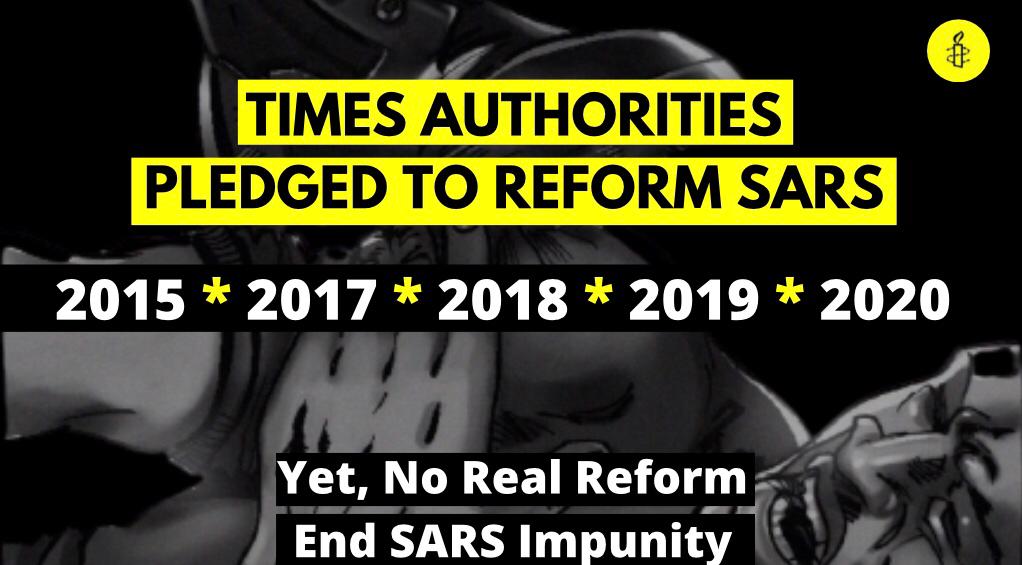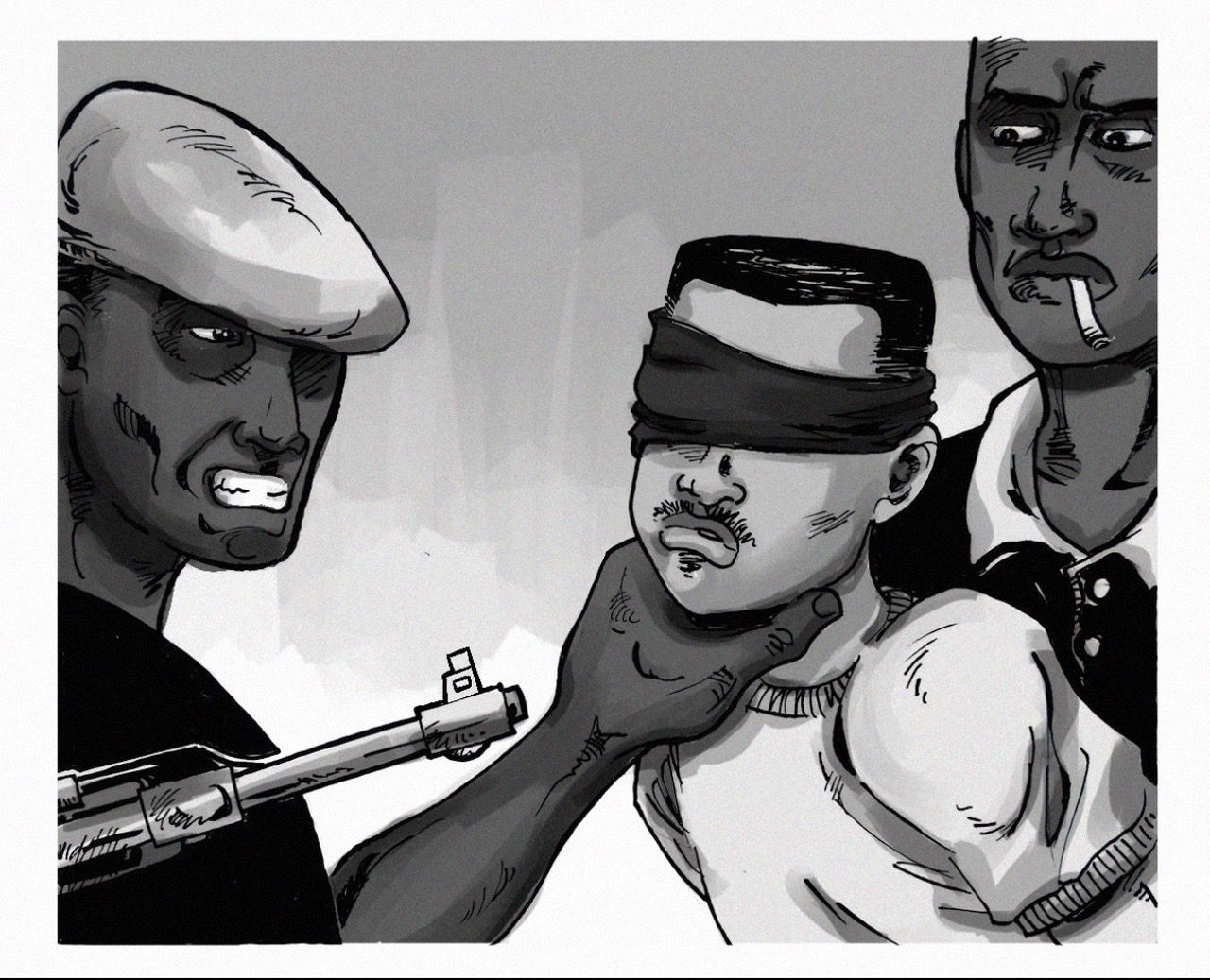The Nigerian authorities have failed to tackle the impunity enjoyed by the Special Anti-Robbery Squad (SARS), whose brutality and corruption is becoming increasingly brazen, despite repeated pledges to reform the police squad and investigate violations committed by its officers, Amnesty International said today.
Last weekend, the Nigerian police announced yet another ban on routine patrols by SARS and other tactical squads of the Nigerian police, the fourth such ban in four years, amid growing anger over harassment and abuse by officers. The Minister of Police Affairs has also announced an investigation into infractions by the police unit.
This is yet another lame attempt to rein in this unit of the Nigerian police which is notorious for the widespread torture and other ill-treatment of Nigerians. We have seen from bitter experience that past investigations into violations were either never carried out or marred by irregularities. To date, the Nigerian authorities have yet to show a genuine commitment to ending the lawless activities of SARS
Osai Ojigho, Director of Amnesty International Nigeria.

“Such abuses will only be prevented when SARS officers are held to account for their actions and face disciplinary or criminal punishment if they are found to be responsible for human rights violations,”
Osai Ojigho
In August 2018, the government set up a judicial commission of inquiry to investigate the activities of SARS and make recommendations for reform. However, the commission’s report has yet to be made public almost two years after the panel submitted its findings to the government.
The current collective outrage of Nigerians over atrocities by SARS provides another opportunity for the Nigerian authorities to end police brutality and all form of human rights violations by the police.
Amnesty International is again calling on the Nigerian government to seize this moment to demonstrate the country’s commitment to human rights and fulfil its obligation of holding the police to account. The government must empower oversight bodies, including the Police Service Commission, Committee Against Torture and the National Human Rights Commission to investigate and initiate prosecution of police officers, who are involved in the violation of human rights.
The authorities have an obligation to protect Nigerians and bring to justice those who violate their human rights. Unless the authorities follow through with their promises to reform SARS and end the frequent extortion and ill-treatment of Nigerians, their empty words will be just that
Osai Ojigho
BACKGROUND
Amnesty International has investigated torture and ill-treatment by SARS officers for over a decade. The organization’s 2018 report, Nigeria: Time to End Impunity detailed how young men were subjected to various forms of torture and ill-treatment by SARS officers in a bid to extract confessions from them, punish them for perceived criminal offences or to extort money from them. The report also stated that SARS officers are hardly investigated or brought to justice for their crime. In few instances where cases became public knowledge, the police authorities usually promised investigations, which were in most cases never carried out.


